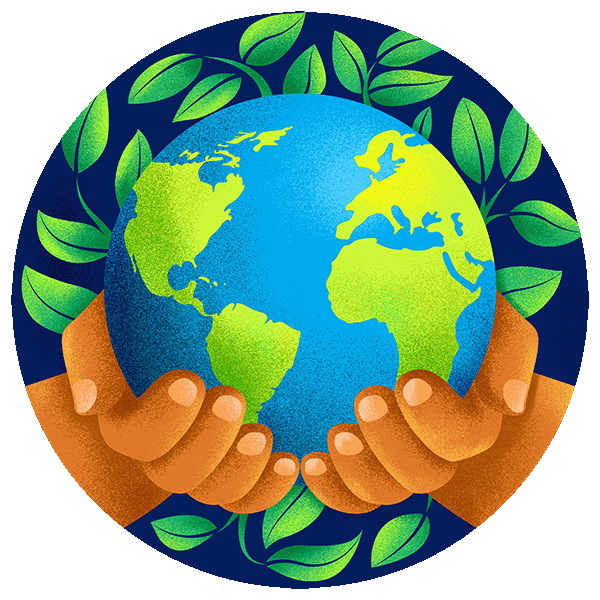
Jessica Hutchings on Hua Parakore
Dr. Jessica Hutchings (Ngāi Tahu, Ngāti Huirapa, Gujarat) is a decolonizing researcher in the areas of Māori food sovereignty, food security, cultural and intellectual property rights, and the restoration of the environment through the restoration of Indigenous rights in Aotearoa (New Zealand.) She is actively involved with Te Waka Kai Ora (the National Māori Organics Authority) as a grower and a lead researcher to develop a tikanga-based Indigenous verification and validation system for food and agriculture called Hua Parakore. Dr.
The Threatened Cultures Of The Danube Delta
In this podcast, Tristen Taylor & Nathalie Bertrams discuss the threatened cultures of the Danube Delta. The Danube River passes through Vienna, Budapest, Belgrade, and Bratislava. As far as cultures go, much has been lost in the Delta. This podcast explores how culture and language can become entombed in the history books if diversity is not purposefully protected.
Produced by Tristen Taylor & Nathalie Bertrams
Permission to use all music in this podcast has been granted to the producers.
Green Colonisation - An Interview With Maja Kristine Jåma
Recently, in the area where Sami people live which includes part of Sweden, construction of huge turbines has been underway.
In this podcast, we speak to Maja Kristine Jåma, who tells us how these new sources of energy have been impacting her people.
Produced by Shaldon Ferris
Interviewee: Maja Kristine JåmaMusic: "LIBRES Y VIVAS" by MARE ADVETENCIA, used with permission.
"Burn your village to the ground", by The Halluci Nation, used with permission.
Justice In The Transition To The Green Economy - Galina Angarova At UNPFII
We're witnessing the acceleration of the transition to a green, low carbon, and clean economy and the increase in demand for transition minerals such as nickel, lithium, cobalt, and copper. This skyrocketing demand is driving a wave of investment into new, expanded mining projects. These projects are promoted as "green" because they aim to supply minerals used for renewable energy technologies and electric vehicles.
Telling Our Own Stories - An Interview With Filmmaker Leya Hale
Leya Hale, 36, lives in St. Paul. She was born and raised in the Los Angeles area. She is Sisseton Wahpeton Dakota and Navajo. She is a storyteller, a documentary filmmaker, and a producer with Twin Cities PBS (TPT), where she’s been working for the past eight years. Her recent film, "Bring Her Home," addresses the epidemic of Murdered and Missing Indigenous Women in the United States.
CBD - Jennifer Corpuz on the Post - 2020 Global Biodiversity Framework Process and More
The Convention on Biodiversity (CBD) defines biodiversity to include the diversity within species, between species, and of ecosystems. Such a holistic framing of the CBD thereby weaves humans and our basic needs into the health and resilience of ecosystems. The CBD is the first time in international law that the conservation and sustainable use of biological diversity is referred to as “a common concern of humankind.”
Digital Sequence Information - An Interview with Preston Hardison on the Convention on Biodiversity
In linking conservation efforts to the economic goal of using biological resources sustainably, the Convention on Biodiversity (CBD) sets out three main objectives: the conservation of biological diversity, the sustainable use of the components of biological diversity, and the fair and equitable sharing of the benefits arising out of the utilization of genetic resources. How do Indigenous Peoples' rights tie into the Convention on Biodiversity?
Mrinalini Rai on the Convention on Biodiversity and Gender Rights
The Convention on Biodiversity (CBD) acts as an international legal framework to uphold nations’ commitments to biodiversity. Every two years, the governing body, referred to as the Conference of the Parties (COP), meets to assess progress in the implementation of the Convention, provide policy guidance, adopt programs, and review the achievement of the CBD's objectives. In this podcast, we speak to Mrinalini Rai (Rai) about gender and women's rights at the CBD. Mrinalini Rai is Director of Women4Biodiversity.
Joji Carino on Important Targets for the Post 2020 Global Biodiversity Framework
The Convention on Biological Diversity (CBD) is relevant to Indigenous Peoples because it recognizes the interdependence of many Indigenous Peoples and local communities on biological resources and acknowledges the contribution of traditional knowledge for both conservation and sustainable use of biological diversity. In this podcast, we hear from Joji Carino (Ibaloi), who tells us more about the International Indigenous Peoples' Forum on Biodiversity's involvement in the CBD. Joji Carino is Senior Policy Adviser of Forest Peoples Programme.
FIMI Podcast- Episode 1
This episode takes us back to 2013, and we explore the history of the First Global Conference of Indigenous Women, and why there was a need for a conference such as this. We go into the archives and hear voices from this First Conference and we also get a chance to hear from the president of FIMI, Tarcila Rivera Zea.
This is the first episode of a series of five podcasts that aims to inform you all about the second World Conference of Indigenous Women, produced by Cultural Survival's Indigenous Rights Radio, and brought to you by FIMI.
